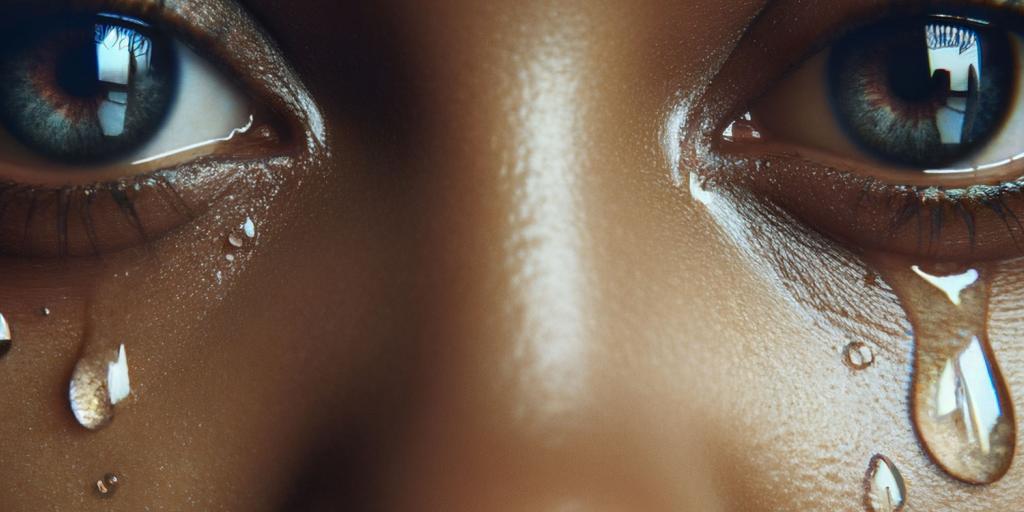
Tears Bring Kindness
While supporters of evolution believe in a world where everything happens by chance and the survival of the fittest, new scientific findings that highlight the complex nature of life continue to challenge the legitimacy of this theory. How likely are so many different processes to arise from a mindless, purposeless process?
New research has discovered that when women cry, their tears emit an odorless chemical that triggers a sympathetic response in men (Scientific American, December 21, 2023). “When someone starts to cry, other people oftentimes feel empathy and concern. But the biological reasons for shedding tears can extend beyond merely prompting a sense of compassion. The tears themselves appear to take on a role as a chemical peacemaker between men and women, new research has discovered.” These finds have been “confirmed through human behavioral studies, brain imaging and molecular biology.” The newly published research posits that a primary reason women shed tears is “to convey a chemical signal that lowers aggression.”
While evolutionary theory may suggest this chemical process exists to protect women and perpetuate the species, the complex chemical nature seen in female biology, and the corresponding response to chemical signals that is seen in men, speaks to the improbability that such processes have come about by chance. Ascribing virtually sentient wisdom and the ability to plan to a mindless process, devotees of evolution deny that an intelligent God of the universe actually exists. As science discovers more about the body and creation, it continues to confirm the reality of a wise and powerful Designer who created all things with a plan and a purpose. For deeper insights into the creation vs. evolution debate, be sure to read Evolution and Creation: What Both Sides Miss.



